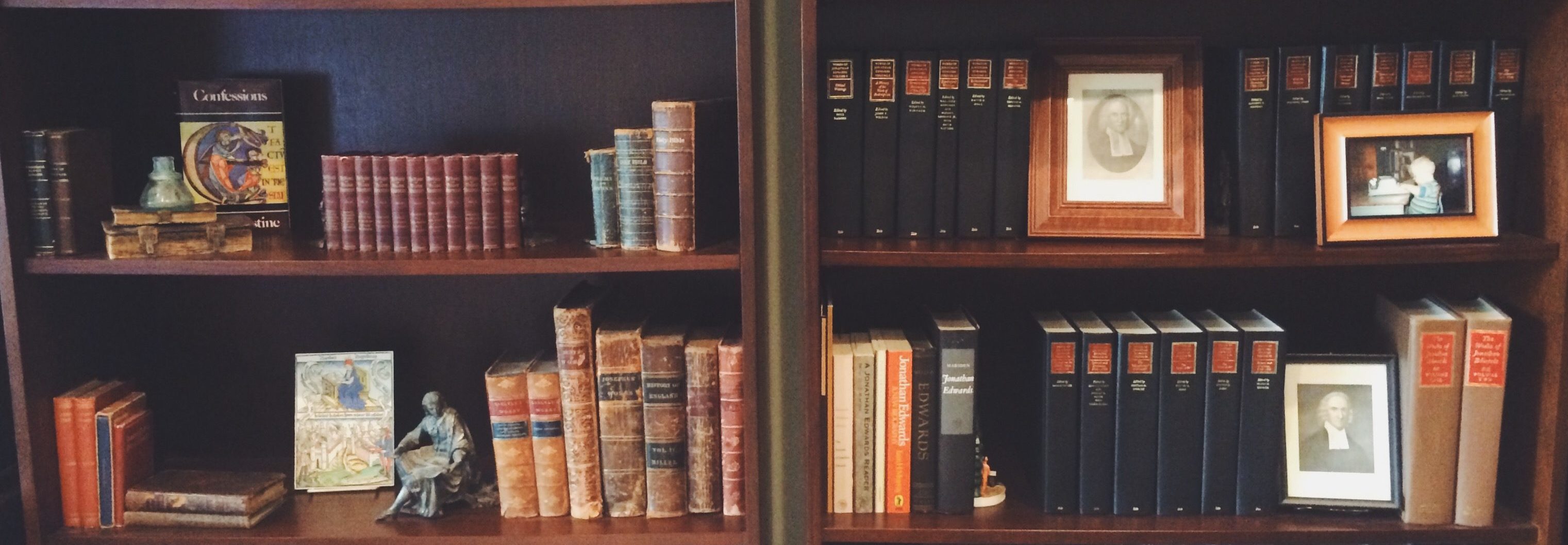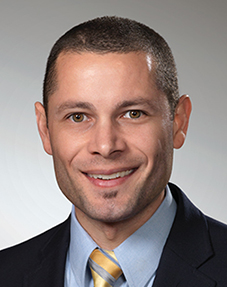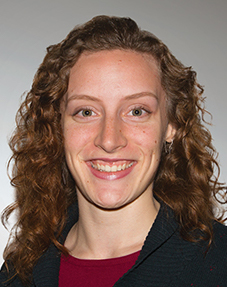Books That Have Shaped Us
Posted On June 05, 2018
At RBC, we love books. Every so often, we’d like to share with you some of the ones we appreciate. One reason we love books so much is not only for what they teach us but also what they reveal about the people who read them. Listed below are a selection of writings that have shaped our staff and faculty. We hope you have fun learning about the books that have impacted us the most.
Dave Briones, professor of New Testament, was shaped by reading Geerhardus Vos’s The Pauline Eschatology.
This book has shaped my thinking immensely. Vos opened my eyes to the eschatological framework of Paul’s theology, which helped me make sense of three theological connections: (i) Jesus’s resurrection in relation to the believer’s justification; (ii) the new creation in Christ and the work of the Holy Spirit; and (iii) the functional unity between Jesus and the Holy Spirit. Not only this, but I appreciate the way Vos sought to combine theological inquiry with religious affections. One quote stands out: “To take God as source and end of all that exists and happens, and to hold such a view suffused with the warmth of genuine devotion, stands not only related to theology as the fruit stands to the tree: it is by reason of its essence a veritable theological tree of life” (61).
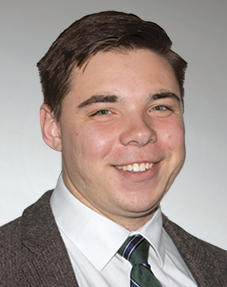 Tyler Freire, admissions recruiter, was shaped by reading Charles Dickens’s Great Expectations.
Tyler Freire, admissions recruiter, was shaped by reading Charles Dickens’s Great Expectations.
Dickens offers a vivid and engaging narrative that explores the effects of greed, pride, and longing upon the human psyche and relationality. The book offers valuable commentary on the disastrous tendency of the heart to idolize possessions, status, and relationships, often at the expense of all three.
Kevin Gardner, resident adjunct professor and associate editor of Tabletalk, was shaped by reading J.
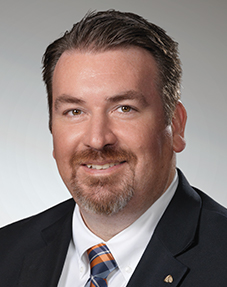
Gresham Machen’s Christianity and Liberalism.
Machen is well known for his role in the Fundamentalist-Modernist Controversy and for founding Westminster Theological Seminary. In this book, he contrasts the historic Christian faith with the pretender known as liberalism or modernism. His theses are clear and remarkably relevant even today, as distortions of Christianity have not gone away. This is a must-read for those who want to understand the issues and the stakes of modern-day theological controversies and a helpful guide for contending for the faith once delivered to the saints.
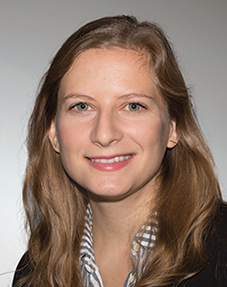
Lauren Hughes, communications specialist, was shaped by reading Leo Tolstoy’s Anna Karenina.
I read this book the spring before my husband and I were married, and the way relationships and marriage are described struck me, especially the contrast between how characters handle difficulty and stress within their relationships. I love how the story follows couples at various life-stages, and how Tolstoy examines what brings happiness (or doesn’t) to his characters. The small decisions they make show patterns of behavior, and, eventually, the reader sees how those patterns lead to life-changing decisions.
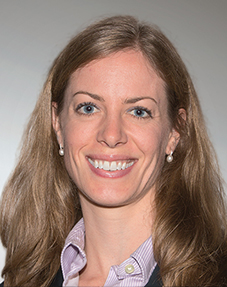
Kristen Kenney, operations manager, was shaped by reading C.S. Lewis’s The Chronicles of Narnia.
I first read the Narnia stories as a young teenager, and can still vividly remember the impact The Lion, the Witch, and the Wardrobe had on me as I read the scene at the Stone Table. I have since reread the series countless times. Each story has its own plot and tone, but each one carries themes of redemption and hope that encourage on a profound level. Lewis’s stories illustrate the virtue of a simple and childlike faith in the face of life-threatening challenges. As a young teenager, these books made me feel the way I knew I was supposed to feel about the world, the people around me, and God. And they still do the same today. My husband and I have recently begun reading the series again, and the stories are just as hopeful for me now as the first time I read them.
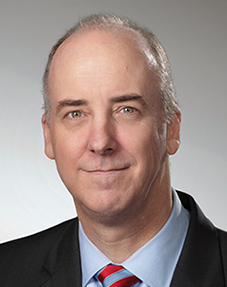
Keith Mathison, professor of systematic theology, was shaped by reading Neil Postman’s Amusing Ourselves to Death.
Before reading Postman’s brilliant little book years ago, I gave little or no thought to the ways in which the media impacted both the content of our thought and the manner of our thinking. Postman’s book was an eye-opener. It is one of a small handful of books that I believe every informed person should read.
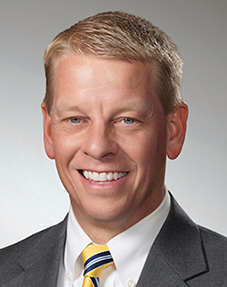
Steve Nichols, president, was shaped by reading John Calvin’s Sermons on Ephesians.
I first read Calvin’s Sermons on Ephesians as a teenager. A copy ended up in my Dad’s library at the church in a box of books someone had donated to him. It was the thickest book in the box, and I thought it would be a good challenge. By the time I got out of Calvin’s sermons on the opening verses of the first chapter, I thought it was the best thing I had ever read. It still may be.
Rebekah Pierce, registrar, was shaped by reading J. Gresham Machen’s The Christian View of Man.
This book clearly explains the nature of man in his original state, the devastating effects of man’s rebellion, and God’s grace in redeeming sinners. Machen unfolds the gospel in light of man’s fallenness, stirring the heart to thanksgiving.
Robert Rothwell, resident adjunct professor and associate editor of Tabletalk, was shaped by reading

R.C. Sproul’s The Invisible Hand.
The Invisible Hand, which is my favorite book by Dr. Sproul, is one book that has greatly influenced me. This book really helped me understand what the Bible says about divine sovereignty and human responsibility, and I credit it with assisting me in forming a more biblical view of God’s providence in general. It certainly ranks as one of the theological books that has most influenced my thinking.
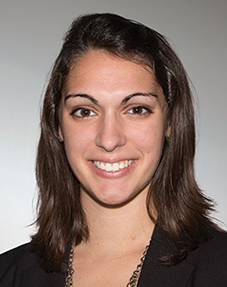
Megan Taylor, executive assistant to the president, was shaped by reading J. Gresham Machen’s Christianity and Liberalism.
Reading Christianity and Liberalism for the first time marked a turning point in my life, as every page exposed my indifference toward doctrine and spurred me toward a true knowledge of Christ. It is a book that I find to be increasingly relevant to our time and clarifying to a confused world.
John Tweeddale, academic dean, was shaped by reading Francis A. Schaeffer’s The Trilogy.
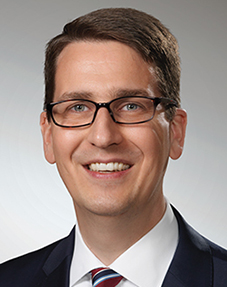
The summer of 1998 was one of the most consequential in my life. I had sensed a call to ministry, was transferring to William Carey University to study theology, met Derek Thomas for the first time, and read this book. My father gave it to me with the following inscription on the inside cover, “John—May the profound intellect of Schaeffer and his love of our Savior inspire you to dig deep into the word, to exploit its wonder and truth, and apply it to your life and ministry. Anchored in Him, Dad, 6/26/98.” Schaeffer is better at painting the big picture than he is at sketching the details. But reading this book, along with my dad’s words, changed me. Never before had I considered the implications of Christianity for life.
